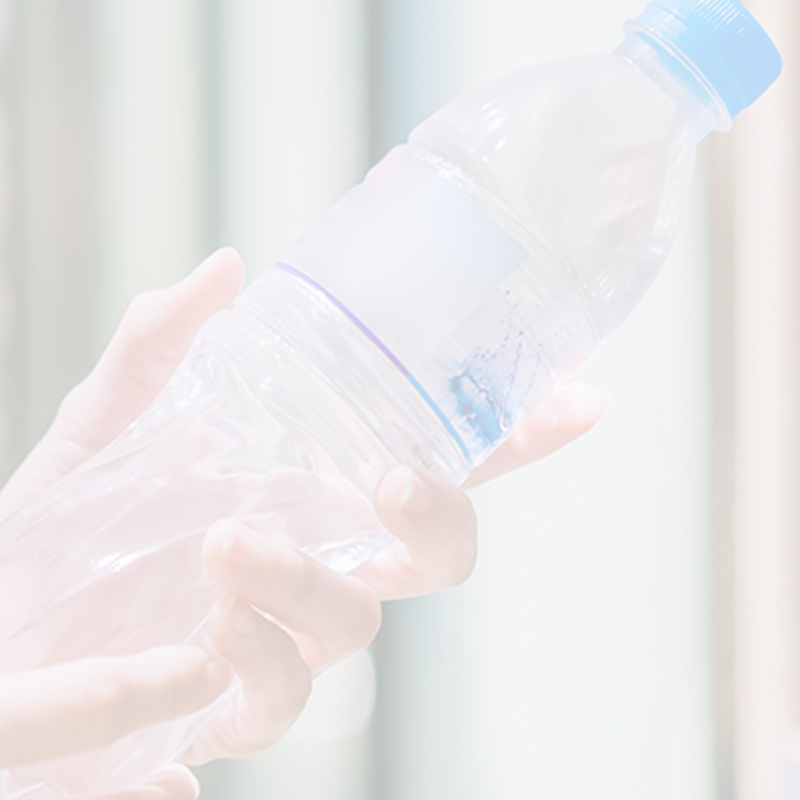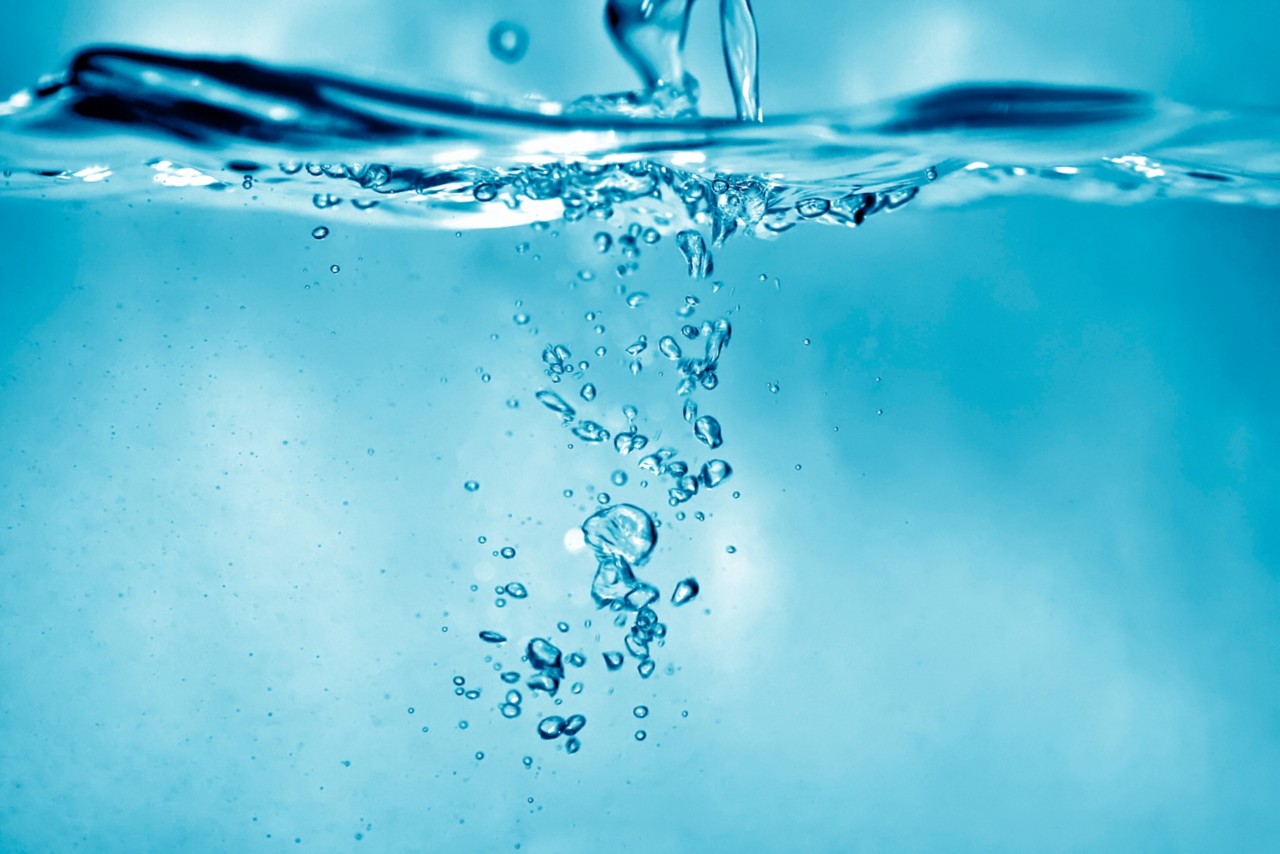Stop Wasting Water and Money. FIND A LOCAL PRO
According to data from the Beverage Marketing Corporation, bottled water is America’s favorite packaged drink. Even though bottled water is convenient and a healthier alternative to other packaged beverages like soft drinks, is it better than tap water?
We’re here to explain the pros and cons of tap and bottled water, taking into account factors such as regulation practices, taste, cost, convenience, and environmental impact.
Regulation
The Environmental Protection Agency (EPA) regulates public tap water in the United States. Under the Safe Drinking Water Act (SDWA), the EPA is responsible for identifying and setting legal standards for more than 90 drinking water contaminants, including microbes like E. coli and heavy metals like lead. Additionally, the EPA requires several daily tests for contaminants in public water supplies and makes test results accessible to the public. However, the EPA only regulates public water sources, so if you get your water supply from a private well, you’re responsible for getting your water tested. The Food and Drug Administration (FDA) regulates bottled water products sold nationally.
Cost & Convenience
The cost of tap water depends on your state and region, but generally, most municipal water costs less than 1 cent per gallon. Tap water is also convenient, especially if you fill up a reusable water bottle before heading out your door.
Bottled water is convenient since it’s found in most retail stores. Plus, after an emergency, your tap water may not be available, so having a supply of bottled water is extremely valuable. However, bottled water is expensive compared to tap water, considering an average bottled water typically costs over $1.
We are water Experts
Water quality is non-negotiable. To prove it, we've built state-of-the-art water quality labs and filled them with the best and brightest scientists — all so we can provide you with the best water of your life.
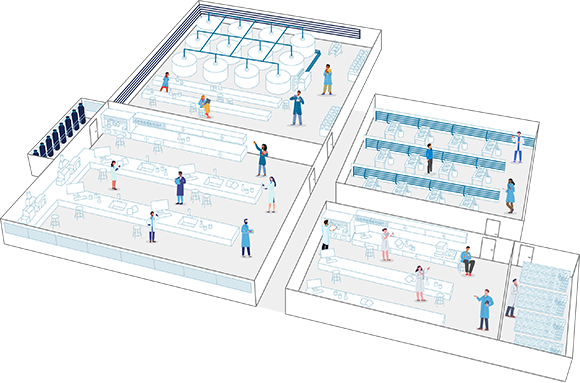
Taste
According to the journal Science of the Total Environment, participants in a blind test couldn’t differentiate between tap and bottled water, suggesting that tap water tastes the same as bottled water. However, factors like mineral content can affect tap water’s flavor.
When it comes to bottled water, the taste can depend on the water source and packaging. For example, some bottled water comes from natural sources such as springs and wells, which can offer different tastes to tap water. Yet, according to the Natural Resources Defense Council, an estimated 25% or more of bottled water is just repackaged tap water.
Environmental Impact
Tap water comes from groundwater, lakes, and rivers. Water companies take this water and treat it with chemicals to help prevent contamination. Then, the water is pumped into holding tanks, where it flows to your home through various pipe systems. While the process of getting water to your faucet requires chemicals and energy, its environmental impact is much lower compared to bottled water.
The bottled water production process — i.e., sourcing, treatment, packaging, transportation, and refrigeration — requires a significant amount of energy. On top of that, the United Nations Environment Programme (UNEP) reports that of the 7 billion tonnes of plastic generated globally so far, less than 10% of it has been recycled. When plastic bottles aren’t recycled, they may end up in landfills or bodies of water. According to the UNEP, plastic may relase harmful chemicals into the surrounding soil, which can seep into groundwater or other ssurround water sources.
Which is Better?
Overall, tap water is a better option because it’s inexpensive and doesn’t impact the environment as much as bottled water.
If you’re concerned about what’s in your home water, consider getting a whole home filtration system for your home. It can reduce common contaminants found in tap water, such as chlorine. Plus, using a filtration system can significantly improve the taste of your home water.
What's in your water?
start here
Worried about your water? Take control with our at-home water test kit. We'll analyze your water and recommend the best filtration or softening solution for your specific needs.
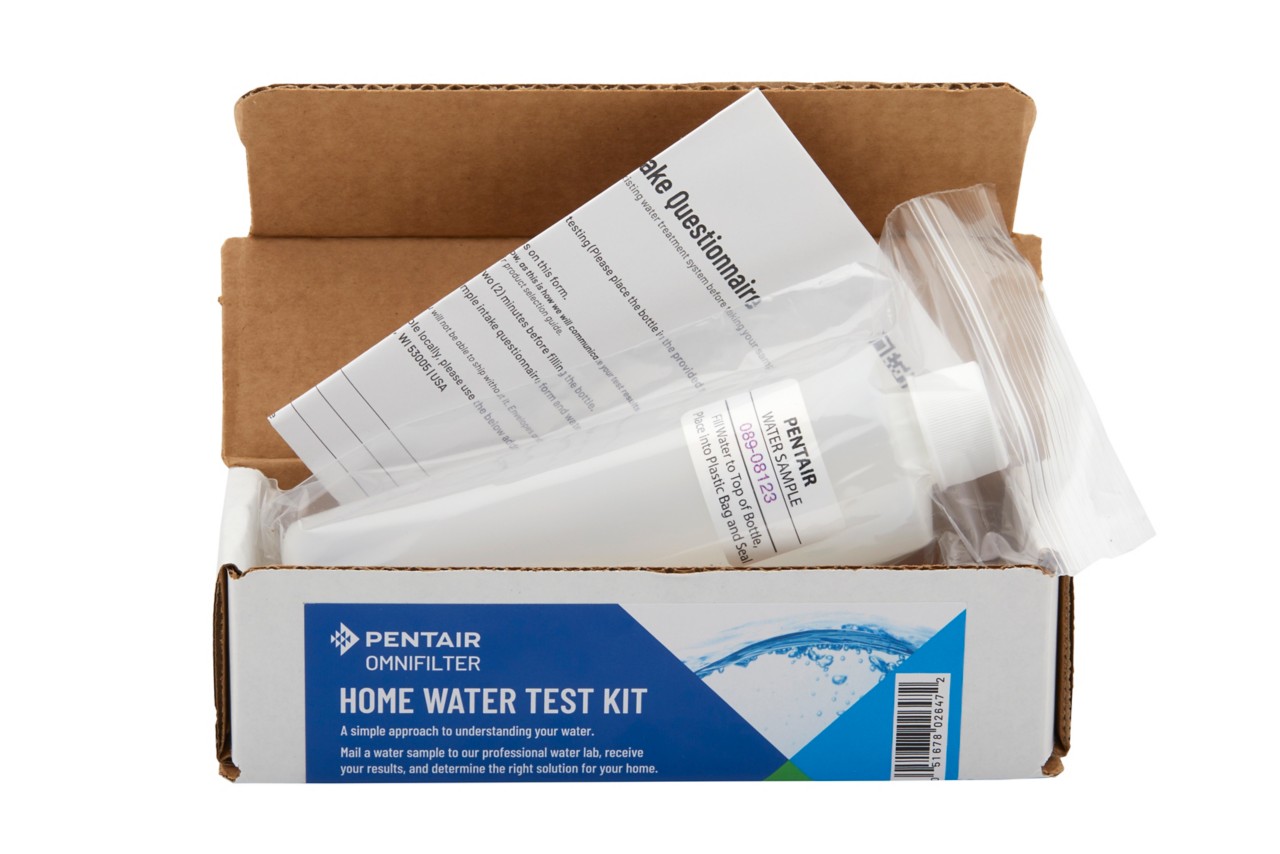

Water 101
Unleash the secrets of your H2O! Explore where water originates and discover the various water filtration solutions that transform it into drinkable water.
Related Articles
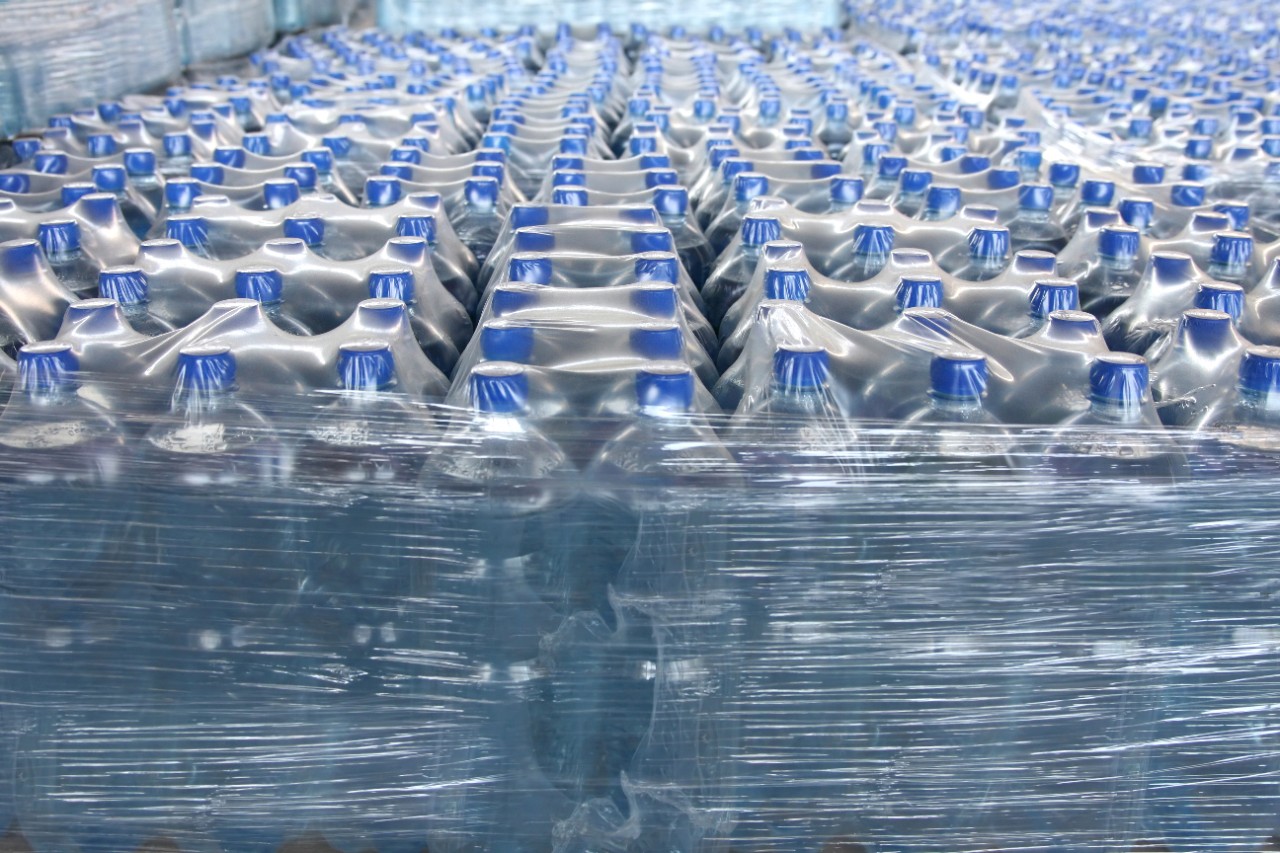
Where Does Bottled Water Come From?
Does your bottled water really come from a babbling brook…
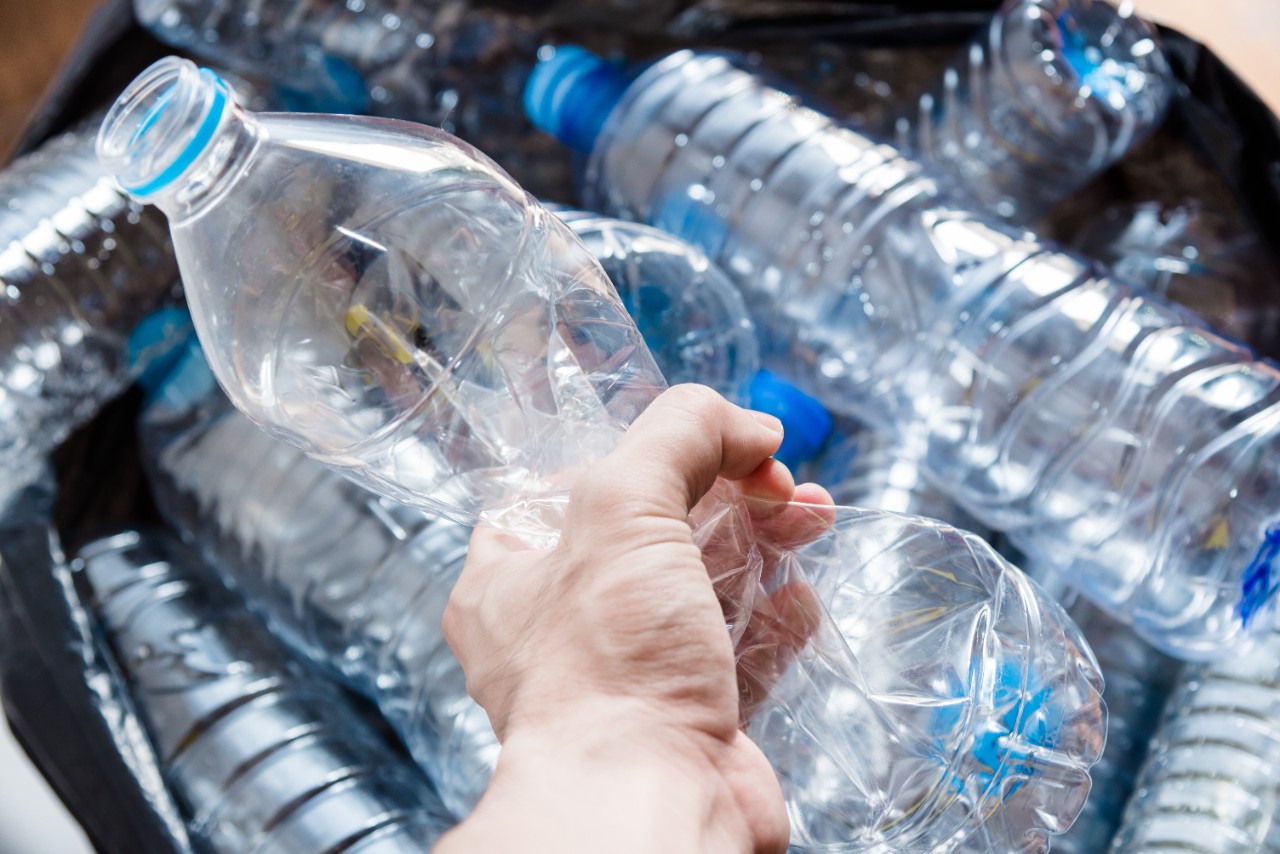
9 Facts About Bottled Water
We dug through journals, studies and scientific data to give…
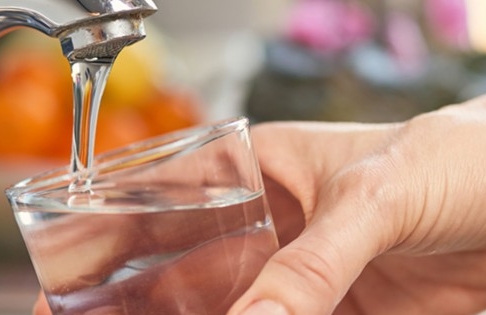
7 Signs You Need a New Water Softener or Filter
In an ideal world, every glass of water you pour…
Disclaimer: The information on this website has not been reviewed by the FDA. Products offered for sale herein are not intended to treat, cure or prevent any disease or health condition. No medical claims are being made or implied. Contaminants mentioned are not necessarily in your water.

